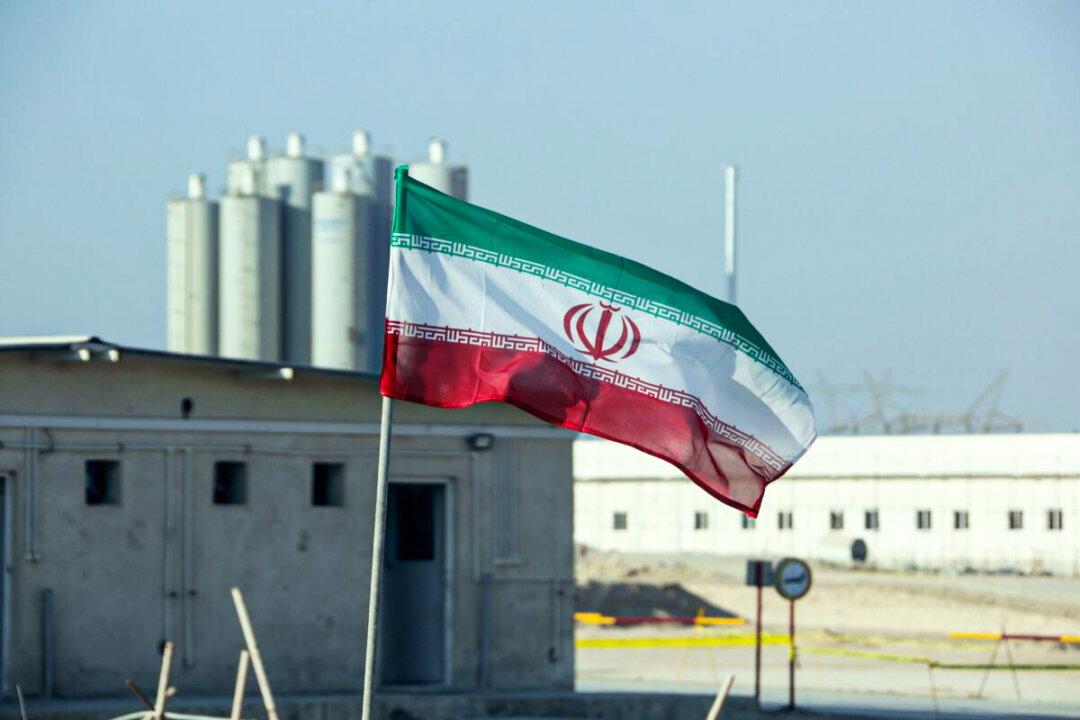Iran’s nuclear chief is warning that the country has the “technical ability” to produce an atomic bomb but reiterated previous remarks by Iranian officials that the country has no intention of doing so, despite social media accounts linked to Iran’s Islamic Revolutionary Guard Corps (IRGC) that threaten to produce nuclear warheads for missiles.
Mohammad Eslami, head of the country’s atomic energy organization, made the comments on Aug. 1, according to the semi-official Fars news agency.




